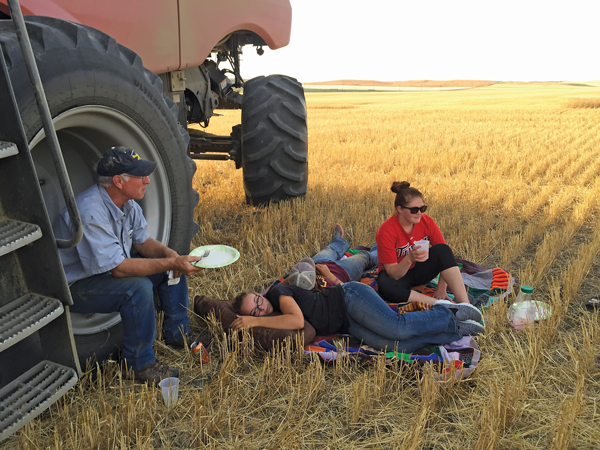
Photographer Eli Reichman has spent the past decade photographing and interviewing the residents in and around the boomtown of Williston, North Dakota, located atop the Bakken shale, which fracking companies say could contain 24 billion barrels of oil. What began as a photography project has morphed into a documentary film spanning the terms of three presidents..
I started this project in 2006, but it was never intended to be this long, drawn-out thing. It was initially a Travels with Charley type of shoot. I happened to be passing through the northwestern tip of North Dakota during what they call the fall gathering, a time when calves are weaned and cows are shipped to market. I was in the area for five days and became friendly with several of the people I met. One of them, a really dynamic character, an articulate guy who’s well read and well spoken—and whose oldest son died in a hunting accident—asked if I would come back and photograph their first ranch rodeo, a memorial for his son. He and I spent more time talking after the rodeo, and I got to thinking, this was a terrible tragedy, maybe we could collaborate and do a piece that could encourage younger people to think about the choices they make in life. That’s when it really got started.
With the results of the 2016 election, I’m reassessing my time frame. The film was never meant to provide any concrete answers. It was always meant to finish with a question: What does the future really hold? How has fracking impacted their lives, their livelihood, their physical landscape? Many of them are quite dependent on oil income in one way or another. Part of it is unavoidable—the march of man moving forward. It’s just what we do. The landscape is going to change because industry does tend to rule.
We need to start looking honestly at each other’s lives and see what kind of common ground we find. How do you convey to folks who live in the city what people’s lives are like out there, and vice versa? Maybe we can try to find some solid communication instead of adversarial communication.

